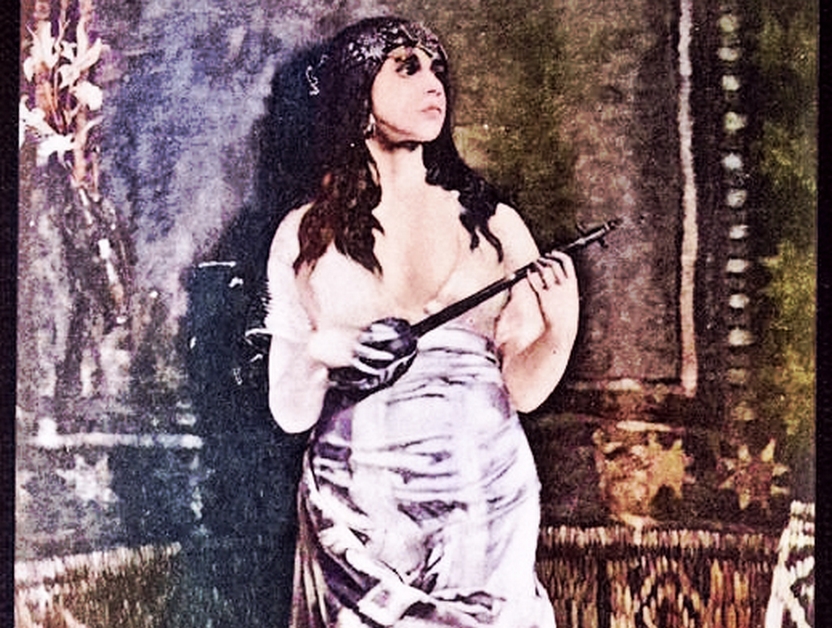Search The National Library
Welcome! You can register by filling in your personal details or by logging into your Facebook or Google account
or
Existing users? Log in here
Hi {{firstName}}! You have successfully registered for the National Library of Israel and we are happy to have you here! The e-mail message has now been sent to the address you entered. To complete the registration and activate the account, click the link in the e-mail messages.
The National Library of Israel © 2024
Have you encountered a problem? Contact us And we will be happy to help :)
Existing users? Log in here
Hi , You have successfully registered for the National Library of Israel and we are happy to have you here! To order books and to enjoy the services of the library, we will need a few more details.
Hi , You may now order books from the library. Happy reading!
Enter your email address and we'll send you a password recovery link:
Not yet registered? Register Now!!
Successful Emailing

 Sign in with Google
Sign in with Google
 Sign in with Facebook
Sign in with Facebook




